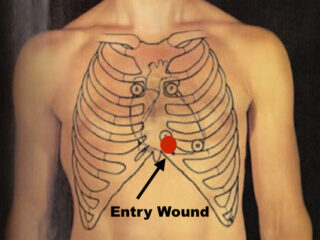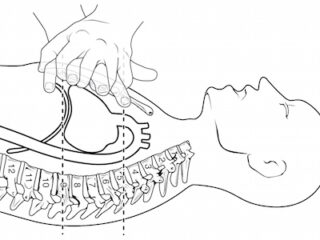resuscitation and critical care medicine
Best Case Ever 46 – Chris Nickson on Hickam’s Dictum
EM Cases Best Case Ever - Chris Nickson on Hickam's Dictum. Usually we use the heuristic of Occam's razor to help us arrive at one diagnosis that makes sense of all the data points that a particular patient presents to us. However sometimes it's not so straight forward and we need to think about multiple diagnoses that explain a patient's condition - Hickam's Dictum. Dr. Chris Nickson, the brains behind the Life in the Fast Lane blog tells his Best Case Ever from the SMACC Conference in Dublin, in which a patient thrombolysed for massive pulmonary embolism suffers a cardiac arrest, and the thought process he went through to discover the surprising complicating diagnoses that ensue...










